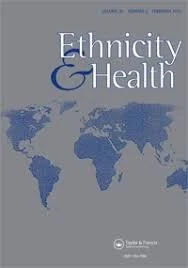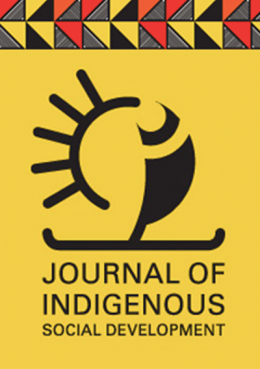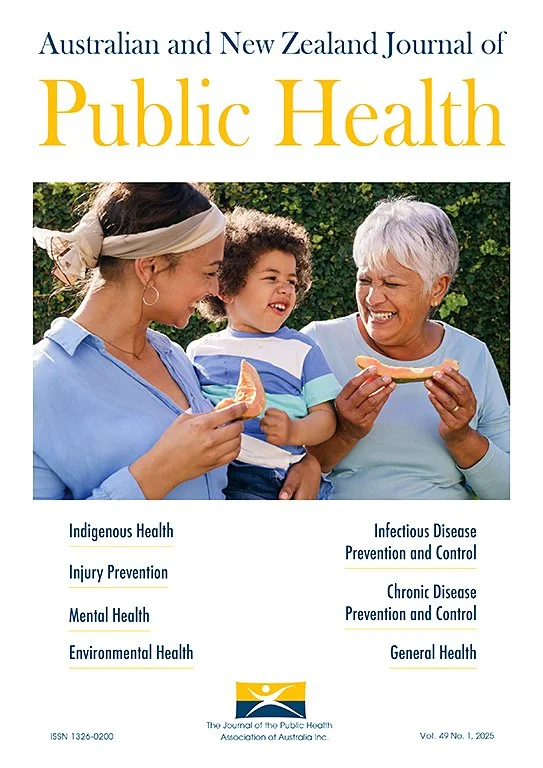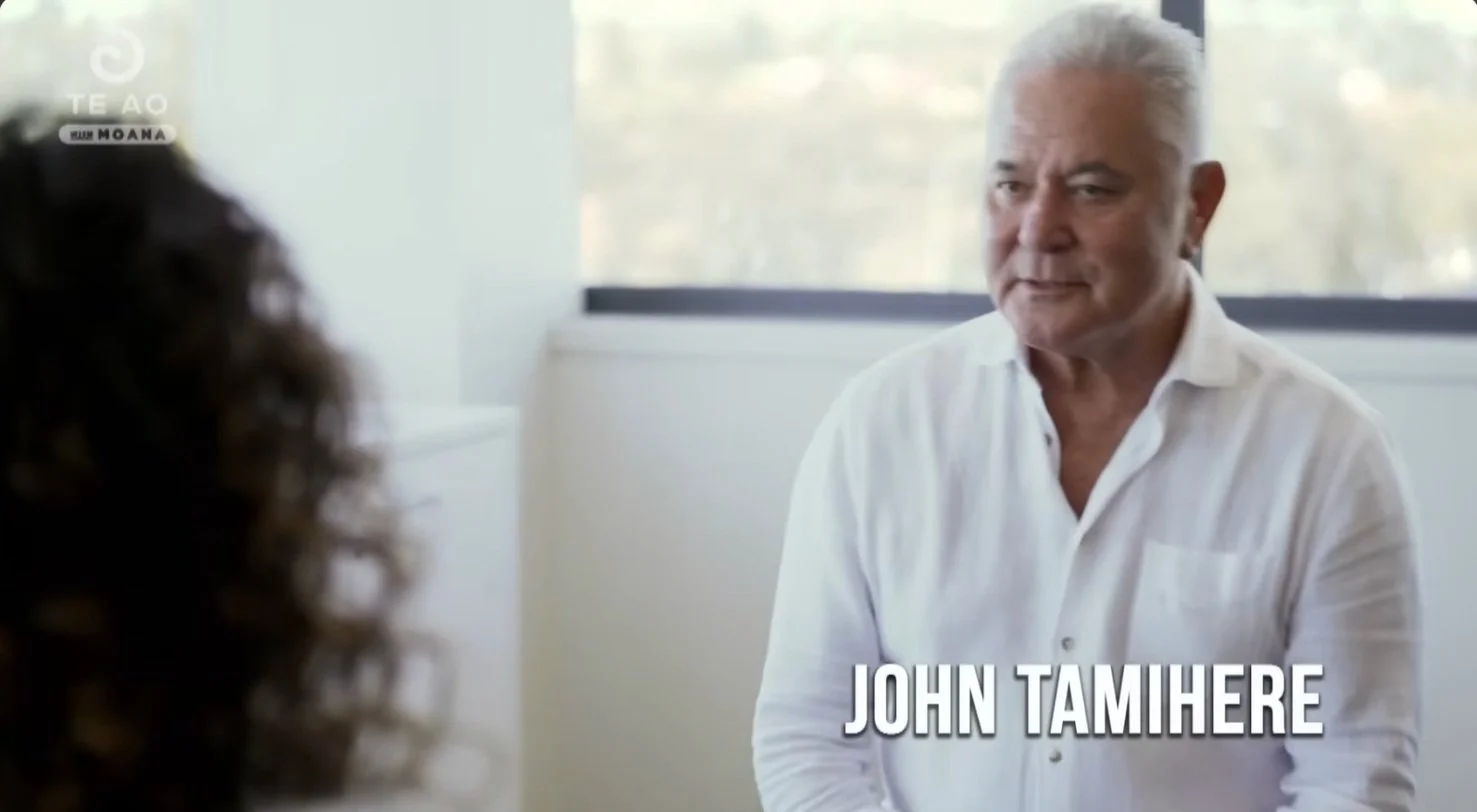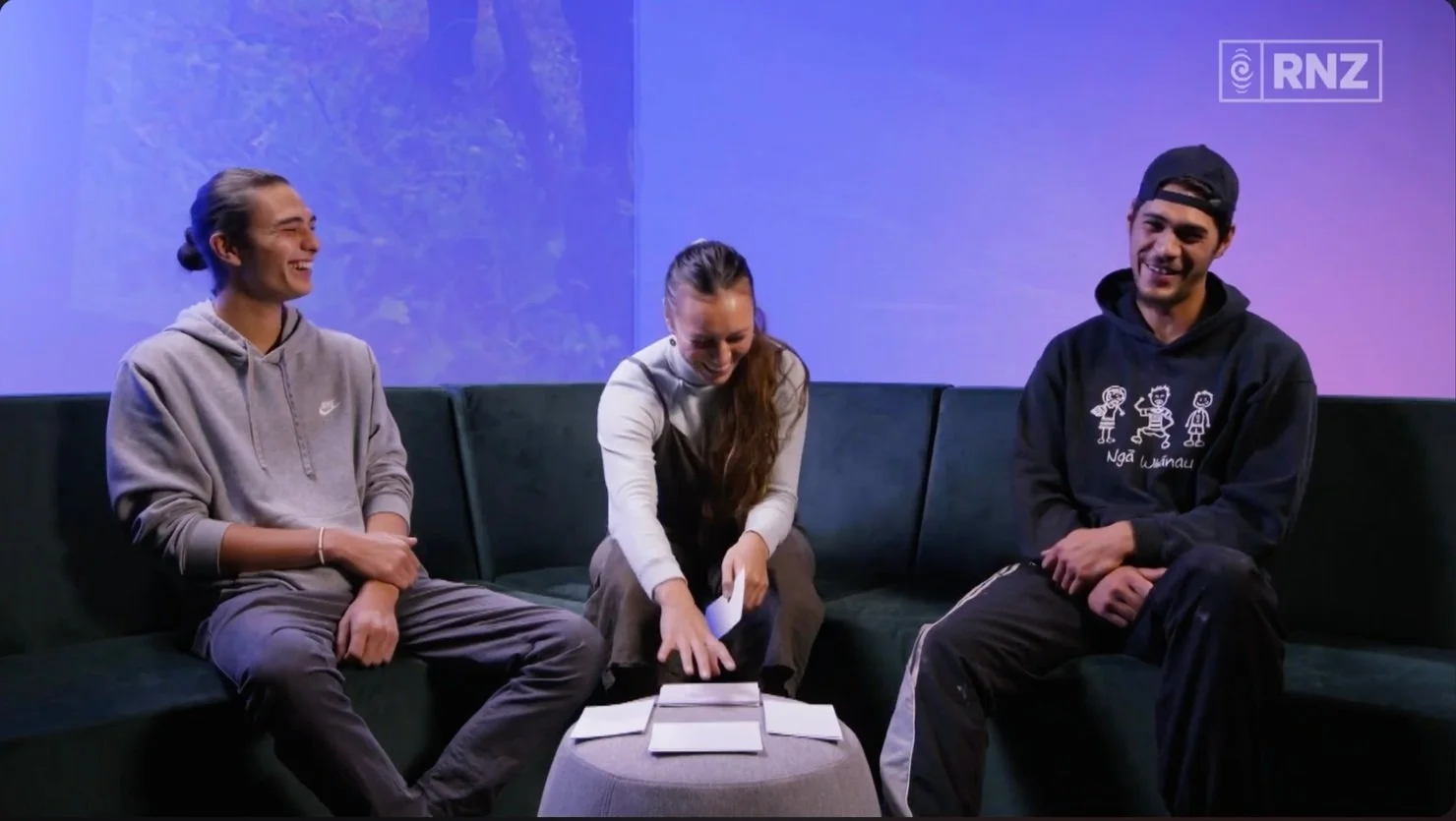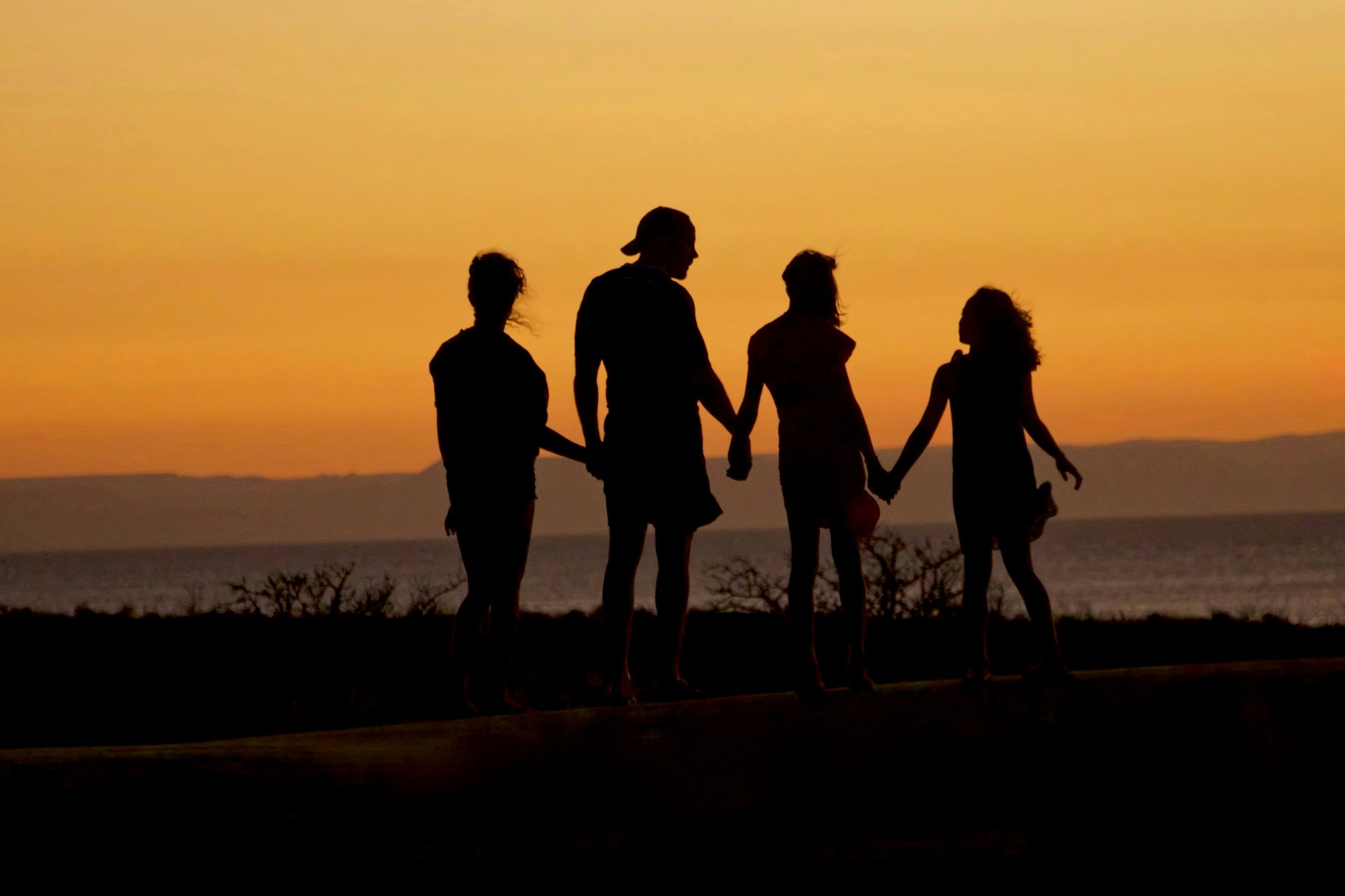
Whānau
Recognises the foundational role of whānau wellbeing and identity. Encourages approaches in psychology that are inclusive of whānau voices, dynamics, and support networks. Emphasises that healing and development often occur within the context of collective strength, connection, and whakapapa.
Whānau centered approaches
Arlidge, B., Abel, S., Asiasiga, L., Milne, S. L., Crengle, S., & Ameratunga, S. N. (2009).
Experiences of whānau/families when injured children are admitted to hospital: A multi-ethnic qualitative study from Aotearoa/New Zealand. Ethnicity & Health, pages 169-183.
Explores the experiences of Māori, Pacific, and Pākehā families when their children are admitted to hospital following an injury. Through in-depth interviews, the research identifies key concerns such as inadequate communication, cultural miscommunication, and feelings of alienation within the hospital setting. The findings highlight the need for healthcare services to be more culturally responsive and to improve communication to better support families during such stressful times.
Health Research Council. (2007).
Whānau Tu, Whānau Ora; Strong and Healthier Families: Proceedings of the Hui Whakapiripiri 2006. Health Research Council
Compiles the proceedings of the Hui Whakapiripiri held in 2006, focusing on strategies to strengthen Māori families and improve health outcomes. The hui brought together Māori health leaders, policymakers, and researchers to discuss the Whānau Ora initiative, which aims to provide holistic support to families. The proceedings highlight the importance of community-led solutions and the integration of Māori cultural values in health and social service delivery.
Ware, F. J. R. (2014)
Whānau kōpepe: A Culturally Appropriate and Family Focused Approach to Support for Young Māori (Indigenous) Parents. Journal of Indigenous Social Development, pages 1-20.
Presents the Whānau kōpēpe programme, a culturally grounded, family-centred support model designed to assist young Māori parents. The programme integrates Māori cultural values and practices to provide holistic support, aiming to strengthen family units and improve outcomes for both parents and children. The approach underscores the importance of community involvement and the recognition of Māori identity in parenting support services.
Grigg, M., Waa, A., & Bradbrook, S. K. (2008)
Response to an indigenous smoking cessation media campaign – it's about whānau. Australian & New Zealand Journal of Public Health, pages 559-564.
Evaluates the effectiveness of a media campaign targeted at Māori smokers and their families, which included television commercials and other media. The research highlights the importance of culturally tailored health interventions in promoting positive health behaviors within Indigenous communities.
Boulton, A., Tamehana, J., & Brannelly, T. (2013)
Whānau-centred health and social delivery in New Zealand. Mai Journal: A New Zealand Journal of Indigenous Scholarship, pages 18-32.
Examines the implementation of the whānau-centred approach in New Zealand's health and social service delivery. The approach, which emphasises whānau involvement and Māori values, aims to reduce health disparities and improve outcomes for Māori communities. The authors discuss the challenges and opportunities associated with this model, drawing on examples from local service delivery and public management literature.
Videos
Moana Maniapoto & John Tamihere - Te Ao with Moana (2025)
John Tamihere on loss of major contract and conflicts of interest
John Tamihere sits down for a kōrero with Moana Maniapoto after receiving the news that The Whānau Ora Commissioning Agency lost its bid to continue commissioning Whānau Ora services. They discussed the nature and implications of those alleged overlapping interests and what next.
Uenukukōpako Angus, Piankia Ormsby, KaHana Ngawati Glassie
Whānau 2021 - He kohinga whakaaro, RNZ
Three millennium babies come together to reflect on being part of the ‘Whānau’ documentary series. They share what it means to them to be Māori in the new millennium
References
Journal Articles:
Arlidge, B., Abel, S., Asiasiga, L., Milne, S. L., Crengle, S., & Ameratunga, S. N. (2009). Experiences of whānau/families when injured children are admitted to hospital: A multi-ethnic qualitative study from Aotearoa/New Zealand. Ethnicity & Health, 14(3), 169–183. https://doi.org/10.1080/13557850802307791
Ware, F. J. R. (2014). Whānau kōpepe: A culturally appropriate and family-focused approach to support for young Māori (Indigenous) parents. Journal of Indigenous Social Development, 3(1), 1–20. https://journalhosting.ucalgary.ca/index.php/jisd/article/view/43056
Grigg, M., Waa, A., & Bradbrook, S. K. (2008). Response to an indigenous smoking cessation media campaign – it's about whānau. Australian & New Zealand Journal of Public Health, 32(6), 559–564. Boulton, A., Tamehana, J., & Brannelly, T. (2013). Whānau-centred health and social delivery in New Zealand. Mai Journal: A New Zealand Journal of Indigenous Scholarship, 2(1), 18–32.
Reports:
Health Research Council. (2007). Whānau Tu, Whānau Ora; Strong and Healthier Families: Proceedings of the Hui Whakapiripiri 2006. Health Research Council.
Videos:
Maniapoto, M., & Tamihere, J. (2025). Te Ao with Moana: John Tamihere on loss of major contract and conflicts of interest. [Video]. YouTube. https://www.youtube.com/watch?v=jUDVF0W5ugw&ab_channel=TeAowithMoana
Angus, U., Ormsby, P., & Ngawati Glassie, K. (2021). Whānau 2021 - He kohinga whakaaro. [Video]. YouTube. https://www.youtube.com/watch?v=YWc0EgyvxjU
Cover image: Photo by Mike Scheid on Unsplash

